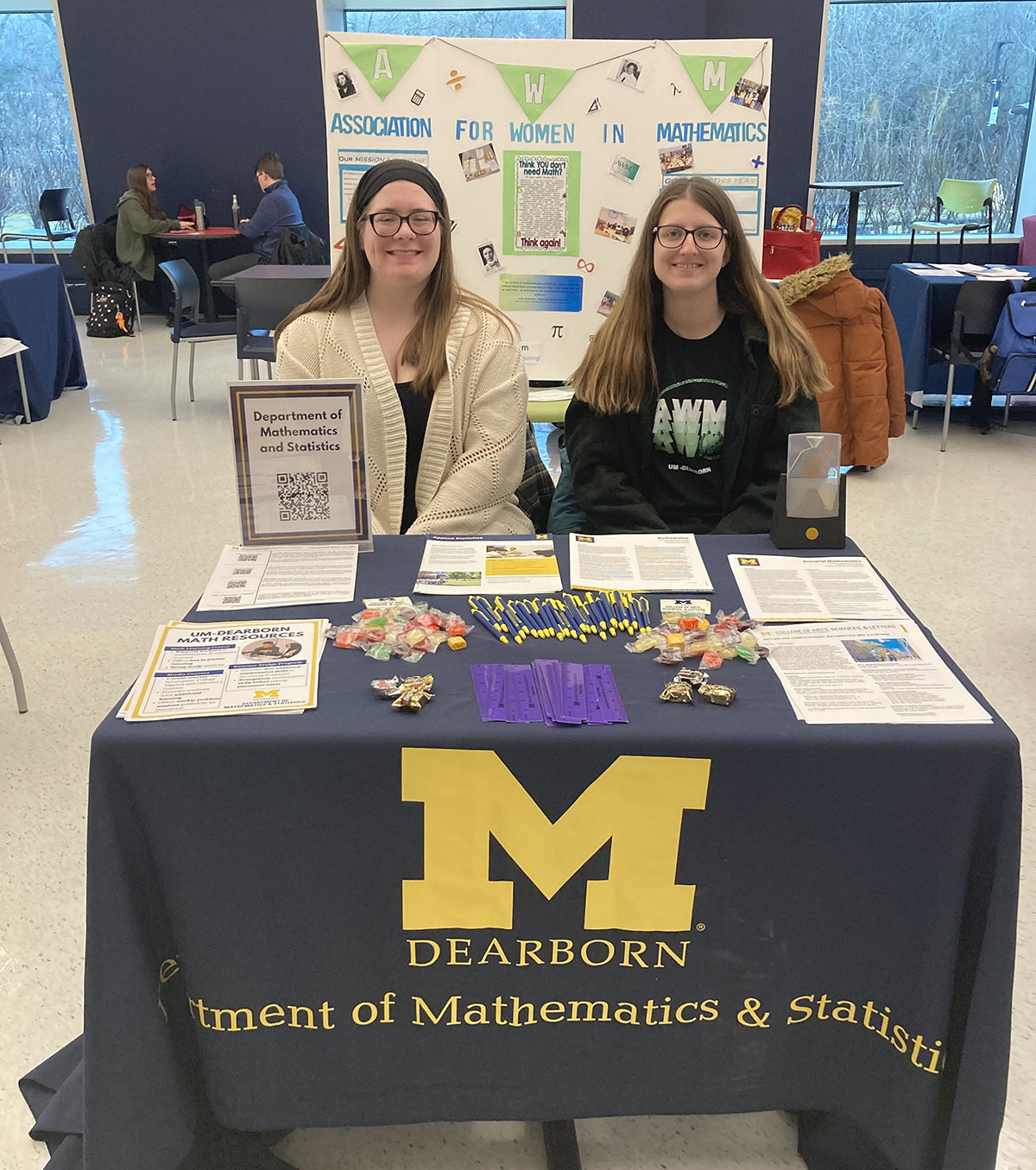Related Resources
Help Solve Complex Industrial, Scientific Problems
 Our master's degree in Applied and Computational Mathematics at the University of Michigan - Dearborn prepares you to work in a variety of industrial and scientific settings. You will learn to construct and rigorously analyze mathematical and statistical models, to use modern software for data analysis, and to develop efficient computational algorithms.
Our master's degree in Applied and Computational Mathematics at the University of Michigan - Dearborn prepares you to work in a variety of industrial and scientific settings. You will learn to construct and rigorously analyze mathematical and statistical models, to use modern software for data analysis, and to develop efficient computational algorithms.
The program is geared toward professionals seeking advanced training, individuals wishing to shift their career trajectory toward data analysis, and fresh graduates wanting deeper insights into applied mathematics and statistics.
Ambitious undergraduate math majors can enter the accelerated track, completing their undergraduate and Applied and Computational Mathematics masters' degree in a total of 5 years.
We schedule most of our courses in the late afternoon or evening, making the program ideal for people employed full time.
Where an MS in Applied and Computational Mathematics Will Take You
A master’s degree in applied and computational mathematics gives you the advanced knowledge and skills you need to excel in a variety of high-demand industrial and scientific careers. Your ability to leverage mathematical and statistical techniques in solving real-world problems and to use modern tools for data analysis will make you a valued addition to any team.

